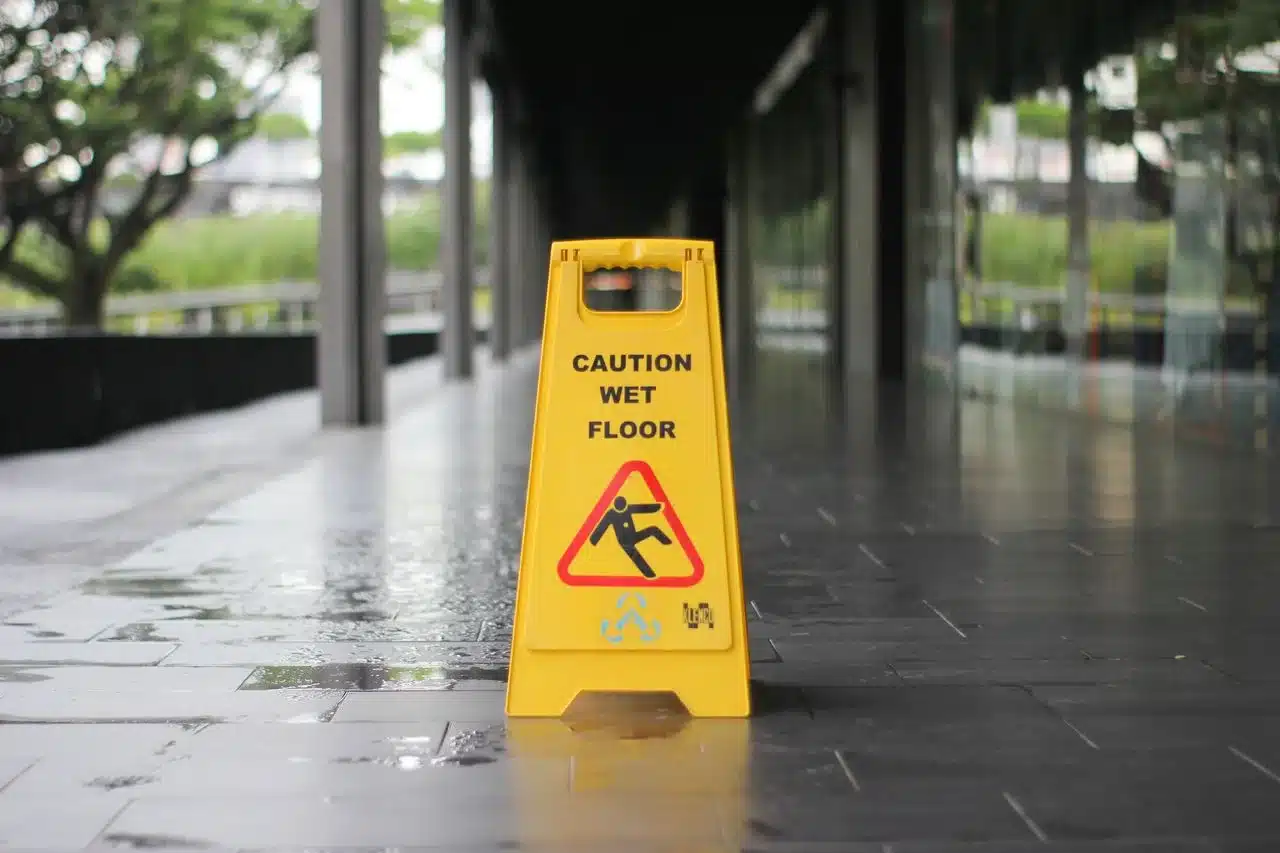Safeguarding Your Rights: Exploring Premises Liability Laws in Florida

Premises liability laws play a significant role in ensuring the safety of individuals who visit or occupy a property. In Florida, these laws impose certain responsibilities on property owners and occupiers to maintain a safe environment for visitors and guests. Understanding premises liability laws is crucial in protecting your rights if you suffer injuries or damages due to hazardous conditions on someone else’s property. In this blog post, we will delve into the key aspects of premises liability laws in Florida to help you navigate this legal landscape with confidence.
Duty of Care
Property owners and occupiers in Florida have a legal duty of care to maintain their premises in a reasonably safe condition for individuals who are invited onto the property. The level of care owed to visitors depends on their legal status, which can be categorized into three main groups:
- Invitees: These are individuals who are invited onto the property for business purposes or mutual benefit. Property owners and occupiers owe the highest duty of care to invitees and must take reasonable measures to prevent foreseeable hazards and provide adequate warnings.
- Licensees: Licensees are individuals who enter the property with the owner’s permission but for their own purposes. Property owners and occupiers have a duty to warn licensees of known hazards that may not be obvious.
- Trespassers: Trespassers are individuals who enter the property without permission. While property owners generally owe a limited duty of care to trespassers, they must not intentionally cause harm or engage in willful misconduct.
Types of Hazards
Premises liability laws cover various types of hazards that can lead to injuries or damages. Common hazards include:
- Slip and fall accidents: These occur due to wet or slippery surfaces, uneven walkways, inadequate lighting, or poorly maintained flooring.
- Negligent security: Property owners may be liable for injuries resulting from criminal acts if they failed to provide adequate security measures, such as proper lighting, surveillance systems, or security personnel.
- Dangerous conditions: This encompasses a wide range of hazards, including broken handrails, faulty stairs, falling objects, hazardous materials, or inadequate maintenance of the premises.
Notice and Foreseeability
To establish premises liability, it’s important to demonstrate that the property owner or occupier had knowledge of the hazardous condition or should have reasonably been aware of it. This can be proven through actual notice, where the owner was informed of the hazard, or constructive notice, where the hazard existed for a sufficient amount of time that the owner should have discovered and addressed it.
Comparative Negligence
Florida follows the legal principle of comparative negligence, which means that the injured party’s own negligence may proportionally reduce their recoverable damages. If it is determined that you share some responsibility for the accident or your injuries, the court may assign a percentage of fault to each party involved.
Seeking Legal Assistance
If you have suffered injuries or damages due to hazardous conditions on someone else’s property, it’s crucial to seek legal assistance from an experienced premises liability attorney. They can assess the specific details of your case, gather evidence, and navigate the legal process on your behalf. An attorney will help protect your rights, negotiate with insurance companies, and pursue fair compensation for your losses.
Conclusion
Understanding premises liability laws is essential when it comes to protecting your rights if you suffer injuries or damages on someone else’s property. By familiarizing yourself with the duty of care owed by property owners, recognizing common hazards, establishing notice and foreseeability, and being aware of comparative negligence principles, you can make informed decisions if you find yourself in a premises liability situation. Remember to consult with a skilled premises liability attorney to ensure your rights are safeguarded and pursue the compensation you deserve.
